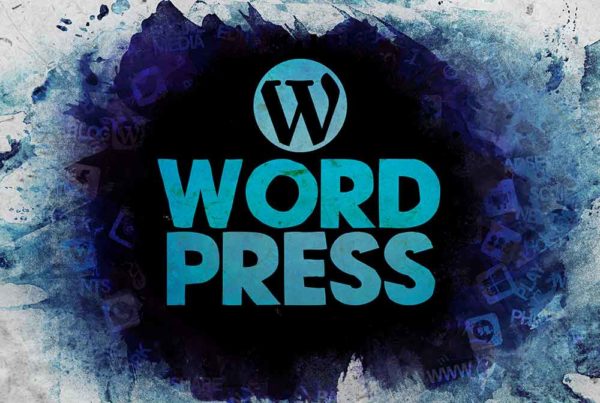If your website was a Hollywood movie, then your Content Management System (CMS) would be where all the behind-the-scenes footage came from. The CMS is a software package that enables you to create and publish content to your website. It is also the place where you can play around with layouts, experiment with graphics, and revise existing pages. Typical CMS features include:
- Adding and editing content
- Automatic indexing for easy organization and searchability
- Controlling and managing formatting
- Creating and saving templates for future use
- Security features to protect control of the site and to allow for multiple users to have different levels of access
Most of the hundreds of CMS’s available perform these basic functions, but not all are created equal. Here is your cheat sheet to the pros and cons of some of the most popular content management systems on the market.
Squarespace
Pros: If you listen to podcasts, you’ve probably heard quite a few being brought to you by Squarespace, one of the most recognizable CMS softwares. Squarespace has some useful features like enabling secure access for multiple users with a user-friendly interface. Squarespace automatically formats their sites to work on mobile devices which is an important feature in a iPhone addicted world.
Cons: While Squarespace can be great for inexperienced users looking for basic functionality, the software doesn’t allow for many major changes in the coding. This limits developers’ ability to create customized solutions. Squarespace doesn’t offer plugins and add-ons from third-party users. Another thing to consider is that Squarespace is a subscription-based service. Users have to pay monthly or annually for these services while many free services offer more features and flexibility.
Wix
Pros: Wix has a simple drag-and-drop design tool that makes it easy to use without any HTML knowledge. They also offer great technical support to developers. Another major perk is that it’s free!
Cons: The major downside to Wix is that once you have selected a theme (from a limited range of options), you are stuck with it. Forever. There is no way to change your templates. Wix is not ideal for SEO optimization and is more suited to a simple blog than a diverse website.
Joomla
Pros: Business.com ranks Joomla as the best CMS for small businesses because of the wide variety of business add-ons they offer at no cost. It is an open-source CMS which makes it ideal for web developers who are already familiar with site building. Developers with some coding skills can use Joomla to customize your site much more than other similar systems allow.
Cons: Joomla s geared towards more experienced users and requires web designers to have a decent amount of coding knowledge. Consequently, Joomla also do not offer as much user support as other CMS’s, so resolving issues can require a lot of independent research.
Drupal
Pros: Drupal is ideal for handling huge sites with a large amount of content and heavy traffic. With amazing add-ons and plug-ins available, Drupal is the king of handling high volume, interactive content. Active community support through online groups and live events are available to help you find custom solutions.
Cons: Unless you are an experienced web developer, you may find Drupal difficult to use. Web Developers need to be comfortable with a fair amount of coding in order to make the most of Drupal.
WordPress
Pros: WordPress is popular because it is easy to use, has an exceptional amount of user support available, and has an enormous array of third-party plug-ins and add-ons that allow for extreme flexibility. Many websites you view daily (like ours!) use WordPress as their CMS. WordPress offers tiers of secure access so that users have varied amounts of control based on the privileges the administrator assigns. In other words, not every user has access to all of the content, so it is easy to manage multiple contributors. Another key feature is a preview tool where you can test out new content before it goes live.
Cons: While the interface is fairly user-friendly, WordPress doesn’t include some of the wizard tools or step-by-step instructions that a novice user might need. WordPress works best for small content websites, so large, complex sites may have issues with speed or functionality unless you have someone knowledgeable enough to make some modifications.
Why Not Hire Us?
With literally hundreds of different CMS softwares available, it’s important to know what features you’re looking for. If you’re feeling overwhelmed by all of these choices, don’t sweat it! Den Web Design can handle this one. We are fully capable of assessing your needs. We can weigh the pros and cons and help you make the right choice for your site.







